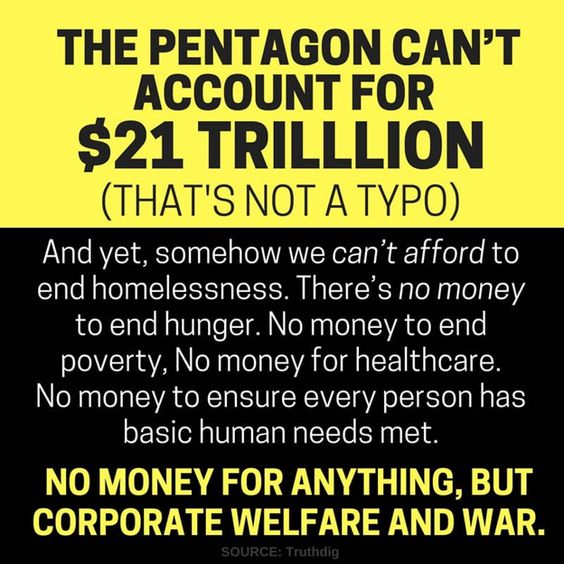On 16 July, Israeli authorities announced that they would restrict the entry into the Gaza Strip of fuel and cooking gas through Kerem Shalom crossing, the only operational commercial crossing between Gaza and the outside world. The restrictions follow the imposition of a new set of severe restrictions by the Israeli authorities on 9 July, wherein only food, medical supplies, animal fodder, livestock and fuels would be allowed into Gaza. The entry of all other items, including building materials, furniture, wood, electronics and fabric, was halted, as was the exit of all goods.
Also on 16 July, the Government of Israel announced a reduction in the permissible fishing zone from six to three nautical miles, preventing fishermen from accessing 85 per cent of the fishing areas agreed for Gaza under the Oslo Agreements, with direct impact on some 50,000 Palestinians who rely on fishing for their livelihood. This followed the 9 July termination of a previous extension of the fishing area along the southern coast of Gaza, from six to nine nautical miles.
Today, the UN Humanitarian Coordinator for the occupied Palestinian territory, Mr. Jamie McGoldrick, visited the Gaza Strip and called for urgent measures to prevent further deterioration in the humanitarian situation there, following intensified movement restrictions.
“I am deeply concerned about the imposition of further restrictions at Kerem Shalom, which is the lifeline for Gaza’s population. Should they continue, these additional restrictions risk triggering a dramatic deterioration in an already fragile situation and desperate humanitarian conditions, particularly for the health sector,” McGoldrick said.
Of particular concern is the impact that shortfalls in fuel will have on the provision of critical health, water and sanitation services in Gaza, especially with electricity cuts up to 20 hours per day. These developments come against the backdrop of a worrying escalation in hostilities in recent days; some 15,000 Palestinian injuries since 30 March in the context of demonstrations; launching of incendiary kites and balloons from Gaza towards Israel; a health system on the verge of collapse; and an 11-year humanitarian crisis created by an Israeli blockade that has raised concerns over collective punishment and an internal Palestinian political divide. Simultaneously, historically low levels of funding, along with the unprecedented financial crisis facing UNRWA, leave humanitarian partners ill positioned to meet increasing needs or responding to any further deterioration.
[UN Office for the Coordination of Humanitarian Affairs]

